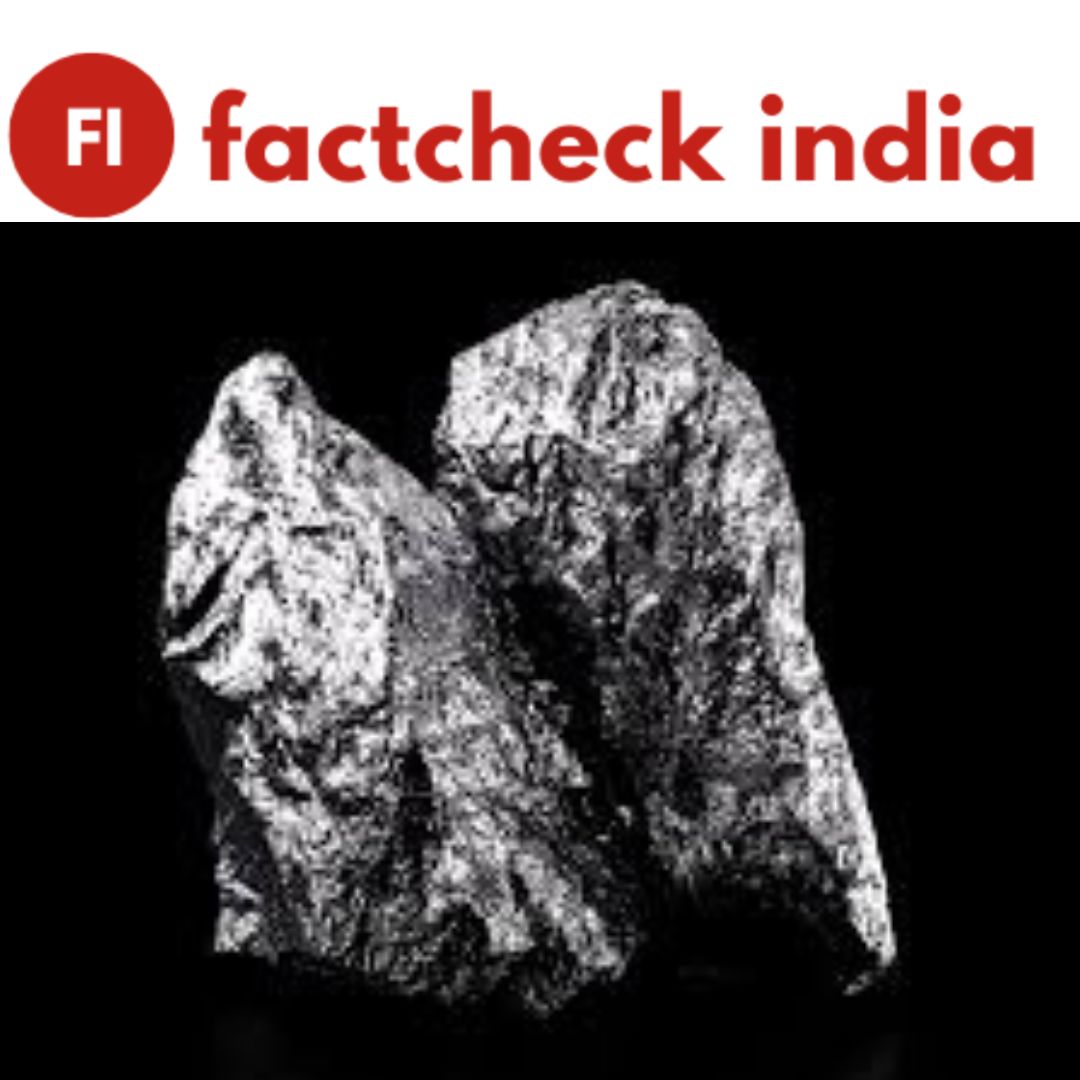Claim: China is using its control over rare earth elements as leverage in trade negotiations with the United States, limiting exports to retaliate against American tariffs.
Fact: True. China’s dominance in the rare earth supply chain has become a powerful bargaining chip in escalating trade tensions with the US. Recent export controls and negotiations underscore how Beijing is turning minerals into geopolitical muscle.
What Are Rare Earths—and Why Are They a Big Deal?
Rare earth elements (REEs) are a group of 17 metals critical to high-tech manufacturing, clean energy, electric vehicles, smartphones, military hardware, and more. These minerals are essential—but hard to extract and process.
China produces:
- 70% of the world’s rare earths
- 90% of the processing capacity
- Nearly 100% of heavy rare earths like dysprosium and terbium
That monopoly gives Beijing a chokehold over global supply chains, especially for countries like the US that depend on them for everything from F-35 fighter jets to Tesla motors.
What’s Really Happening?
In early 2025, China imposed export restrictions on seven rare earths—including samarium, dysprosium, and terbium—after US tariffs were raised to 145%. These controls required licenses and delayed shipments to Western manufacturers.
The result?
- US-bound rare earth exports dropped 37%
- Rare earth magnet shipments plunged 58%
- Automakers warned of “panic” and possible shutdowns
Talks in Geneva and London led to a temporary truce: the US reduced tariffs to 30%, and China agreed to resume some exports. But the terms are murky, and trust is low.
Is China Really “Weaponizing” Rare Earths?
Yes. Experts and data point to strategic use of rare earths as economic leverage:
- China’s Ministry of Commerce demanded business secrets from Western firms to resume shipments.
- Beijing emphasized that controls are not “short-term bargaining tools” but part of national security policy.
- President Trump’s posts celebrated an “up-front” supply deal—yet even he admitted many specifics were still under negotiation.
Why This Matters
Rare earths are the invisible engines of the global economy. Without them, there are no wind turbines, no EVs, no semiconductors, no precision weapons.
This isn’t just about trade. It’s about who controls the future of technology—and who’s vulnerable to that control.
Final Verdict
Claim: China is restricting rare earth exports to gain leverage in trade talks.
Fact: True. The strategy is deliberate, disruptive, and deeply consequential.
Bottom Line:
When a single nation controls the metals that power both iPhones and Iron Domes, the battlefield shifts from borders to supply chains. This is not just economic strategy—it’s mineral diplomacy with global stakes.

